A syllabus for 2017
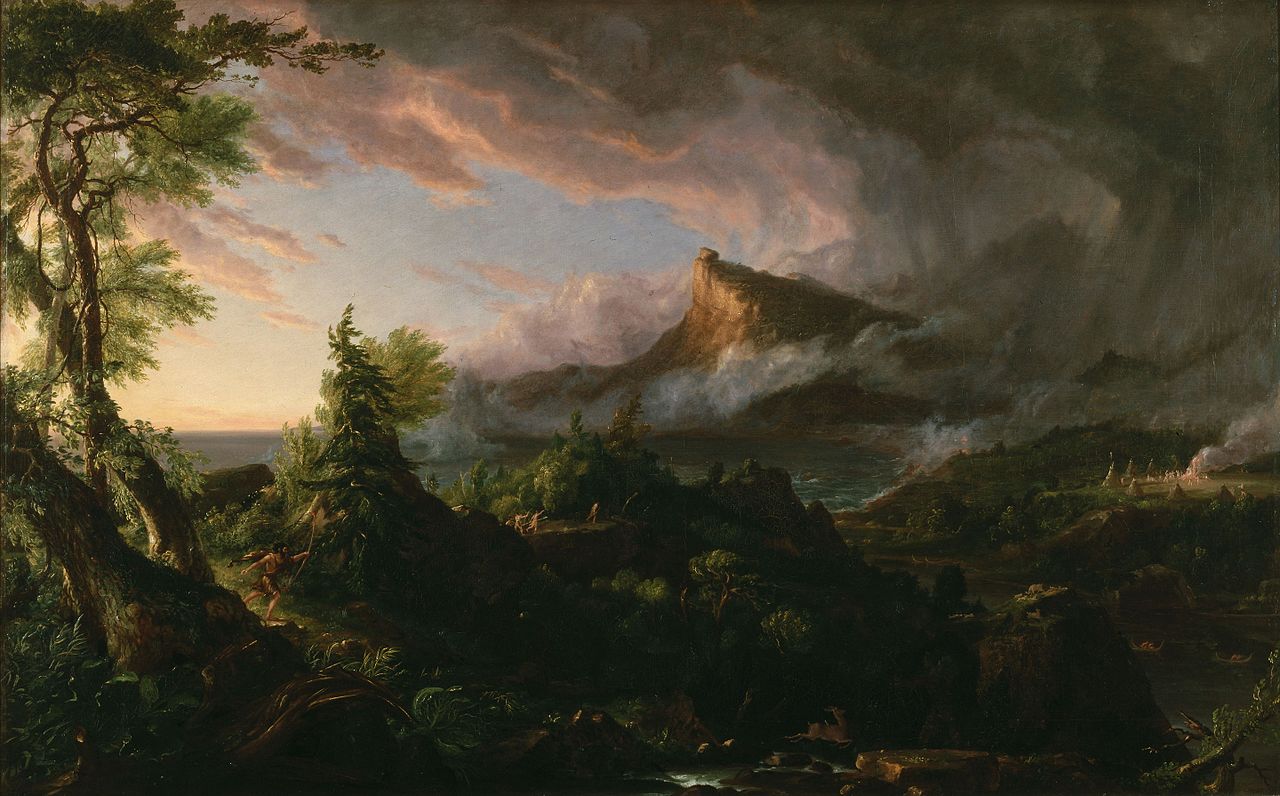
Thomas Cole. The Course of Empire: The Savage State. 1834.
Less news, more books.
We Americans are hardly the only people to have had a very bad 2016 — our friends in Britain, Brazil, Turkey, and the Philippines have horror stories of their own. But the Trump phenomenon, which this magazine engaged with in the sincere belief that it would be over by November, has a special sting in its tail: it's a political cataclysm with a psychological aftereffect. The president-elect's method (honed in our hometown of New York in the 1980s, the last dominant moment for tabloid newspapers and local celebrity) works through media saturation, and the cynical resignation that results from too much outrage. He is not out to convince you, or even to silence opponents — at least not yet. The technique, rather, is to distract and delegitimize, to cast honest voices as untrustworthy, to dismantle credibility, to make you doubt yourself.
To survive the coming years, let alone to imagine a better future, we have to recognize that the fight of our lives is being waged over our own attention and our own faculties of judgment. So the following syllabus, as compiled by the writers and artists who came together for the first six issues of Even, has a double purpose. Concretely, the 40 books below offer lessons from earlier grim passes of history, theories of public life and personal responsibility, and even a few escapes into beauty. Beyond that, this syllabus is a call to remember that nothing benefits anti-democratic forces, from the president-elect on down, than ceding our attention to soundbites and screens. To focus, by this point, might as well be an act of civil disobedience.
—The editors
Hope in the Dark, by Rebecca Solnit. I was lucky to stumble across Haymarket's edition of Solnit's book in October, so I was already armed when some of the year's most devastating news arrived. (After the US election, Haymarket gave away the e-book for free for several days.) "Your opponents would love you to believe that it’s hopeless, that you have no power, that there’s no reason to act, that you can’t win," writes Solnit in this galvanizing book, published during George W. Bush's first term. But it's the hopeful, acting in the shadows, "who are inventing the world while no one looks."
—Anna Altman, contributor, Even no. 5
Kaputt, by Curzio Malaparte. This is a work of perturbing moral ambiguity, an acid antiwar lament based upon the author's years of extensive collaboration in the highest echelons of Mussolini's regime. Kaputt resonates today both for Malaparte's firsthand disillusionment with fascism, and for his curiously contemporary appreciation for fame — it is the most name-droppy war novel one is likely to read. Malaparte was on close terms with much of the European political aristocracy of the era, and he despised their gilded excess, even as he wept for its demise.
—Aaron Ayscough, contributor, Even no. 4
Psychomagic, by Alejandro Jodorowsky. His method, employing the power of action through symbols, has been deeply illuminating. It inspired me to see how I can deal with the baggage I inherited throughout generations and change myself first through art I create.
—Aslı Çavuşoğlu, interviewed in Even no. 5
The Warmth of Other Suns, by Isabel Wilkerson. For those who wish to understand the foundation of contemporary black life in America, this Pulitzer Prize winner is an excellent place to start.
—Lauretta Charlton, contributor, Even no. 6
Understanding Comics, by Scott McCloud. McCloud's classic is not just about comics; it's about our deep neurobiological need to see what is a part of us as cartoony, and what is outside of us as hopelessly complex. When the world feels hopelessly cartoonish, it's a perfect time to get versed in cartoons, to get versed in our neurobiology, and perhaps to begin to get outside ourselves.
—Ian Cheng, interviewed in Even no. 4
Nothing Is True and Everything Is Possible, by Peter Pomerantsev. Want to understand next season's reality-show presidency? Pomerantsev takes you into the broken heart of Russia's propaganda machine, where grandmaster political technologist and former theater director Vladislav Surkov reigns supreme.
—Tan Copsey, contributor, Even no. 6
Beer in the Snooker Club, by Waguih Ghali. This novel transports you to late 1950s Egypt, and the lives of two young Coptic Egyptians caught between Cairo and London. Some have likened it to The Catcher in the Rye. I keep reading it as a history lesson, a snapshot of what came after an earlier Egyptian revolution.
—Frederick Deknatel, contributor, Even no. 6
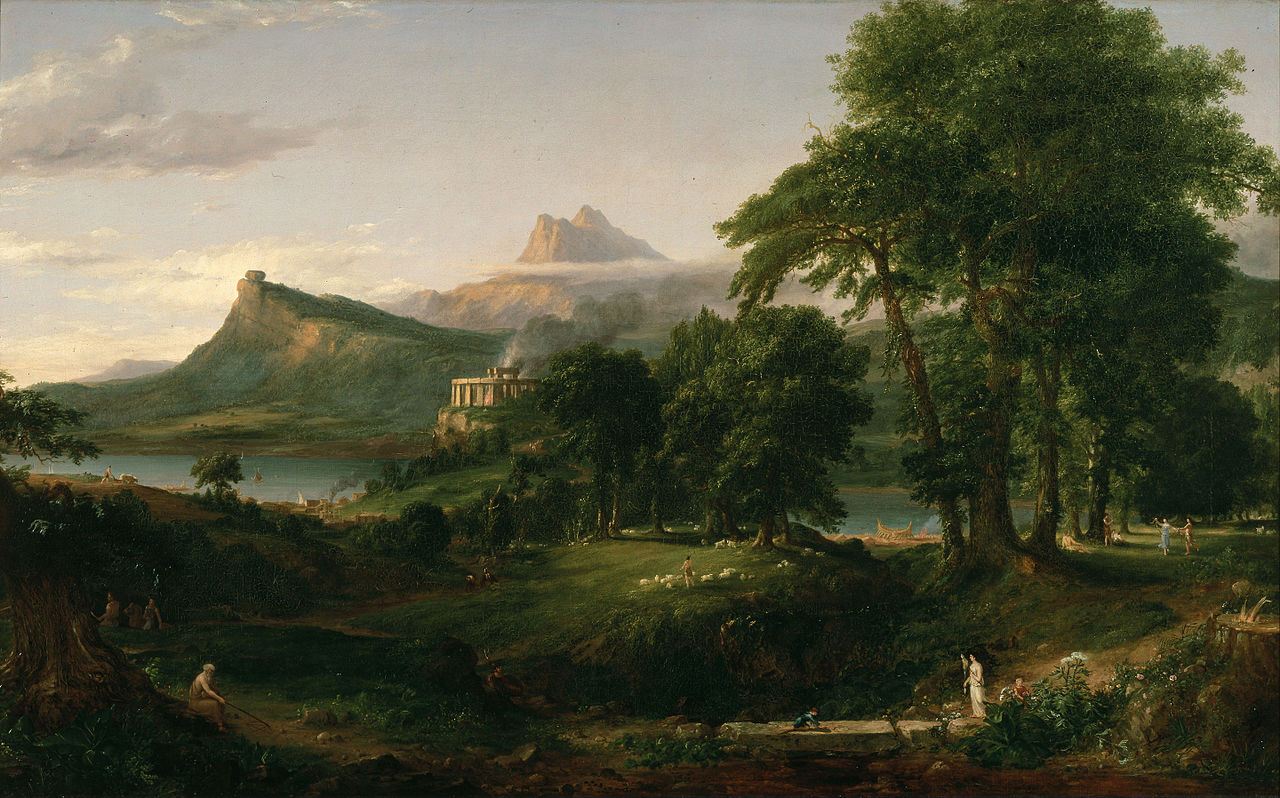
A Long Watch: War, Captivity and Return in Sri Lanka, by Sunila Galappatti. For its unpretentious, astute and sensitive storytelling, its reminder to look beyond well-ingrained narratives, and its insight into living through extreme circumstances and still having compassion for those whose political beliefs are at polar opposite to yours.
—Jyoti Dhar, contributor, Even no. 1
No Speed Limit, by Steven Shaviro. A centrist primer for the budding accelerationist in all of us. Artists may find resolve in the argument that we already know accelerationist aesthetics by another name: science fiction.
—Travis Diehl, contributor, Even no. 1, no. 2, no. 4, no. 5
Against Everything, by Mark Greif. The essays collected here argued convincingly, as they were published over the last decade, that ostensibly trivial 21st-century cultural phenomena were symptoms of a wider social malaise. The year seemed to bear him out. On the principle that a good diagnosis precedes any remedy, this was the most important book of 2016.
—Ben Eastham, contributor, Even no. 5, no. 6
The Man Without Qualities, by Robert Musil. An empire collapses; a protagonist embodies the promises and failures of indeterminacy; essayistic reflection enters the discourse of the novel; trajectories cross and eventually lead to a war that ravages a continent. Musil's novel, begun in 1921 and unfinished at the author's death in 1942, was intended to recapture the last year before the outbreak of World War I, and makes for a timely read. Also look up Musil's 1922 essay "Helpless Europe."
—Philipp Ekardt, contributor, Even no. 2
Daech, le cinéma et la mort (ISIS, Cinema, and Death), by Jean-Louis Comolli. The former editor of Cahiers du cinéma, a firebrand of the May '68 generation, tackles the most important issue facing those of us who care about the role of the moving image in contemporary politics: the rise of the ISIS video clip, capturing torture and executions on iPhone cameras and disseminating the footage to a global online audience. Comolli's book is highly polemical: these videos are cinema, he argues, because they reveal the cinema's unique relationship with death. We should not refuse to look at the videos released by ISIS's media arm, no matter how grisly; to understand them and to critique them, we must first watch.
—Daniel Fairfax, contributor, Even no. 3, no. 6
On the Old Saw "That May Be Right in Theory, But It Won't Work in Practice," by Immanuel Kant. How things are never equals how things should be, but to accept the status quo uncritically is philosophical suicide. What Kant offers in this late essay is a defense of moral principles beyond their immediate applicability. Even in this dark hour, we are not unfree; we are men and women with wills of our own, and if we give up on our ideals, we're finished.
—Jason Farago, editor
Ways of Seeing, by John Berger. If there was an emergency and I had to save only one item for future generations, it would be this book: a timeless script on how to enter the world of "undisturbed perception," and not return. In his brief book — almost a post-manifesto — Berger fights the restrictions imposed on all of us by capitalistic society, which tends to standardize our collective perception. He opens the door to a third way, or, even better, to myriad ways by which we can expand our consciousness of our surroundings. Ways of Seeing does not need a special introduction; it probably lies in everyone’s art library. But it is worth occasional revisiting and ritualistic bonding.
—Marina Fokidis, contributor, Even no. 2
For the Time Being, by W.H. Auden. This masterful "Christmas Oratorio," written during the darkest years of World War II, is a contemporary and arrestingly secular retelling of the Nativity. By turns mystical, lyrical and philosophical, it is a meditation on eternity in the transient mortal world. In times of disappointment and disorientation, Auden's sincerity, wit and colloquial directness provide a much-needed balm.
—A.J. Goldmann, contributor, Even no. 5
Crises of the Republic, by Hannah Arendt. The essays in it are "Lying in Politics," "Civil Disobedience," "On Violence," and "Thoughts on Politics and Revolution." I think that pretty much says it all.
—John Ganz, contributor, Even no. 3
What Is to be Done?, by Nikolay Chernyshevsky. This feminist novel helped to lay the groundwork for revolution in Russia when it was published in 1864; today it is as relevant as ever. Chernyshevsky wrote it while he was imprisoned, on account of his socialist beliefs, and it remains an example of how a work of art can inspire and impact the course of history.
—Jarrett Gregory, contributor, Even no. 4
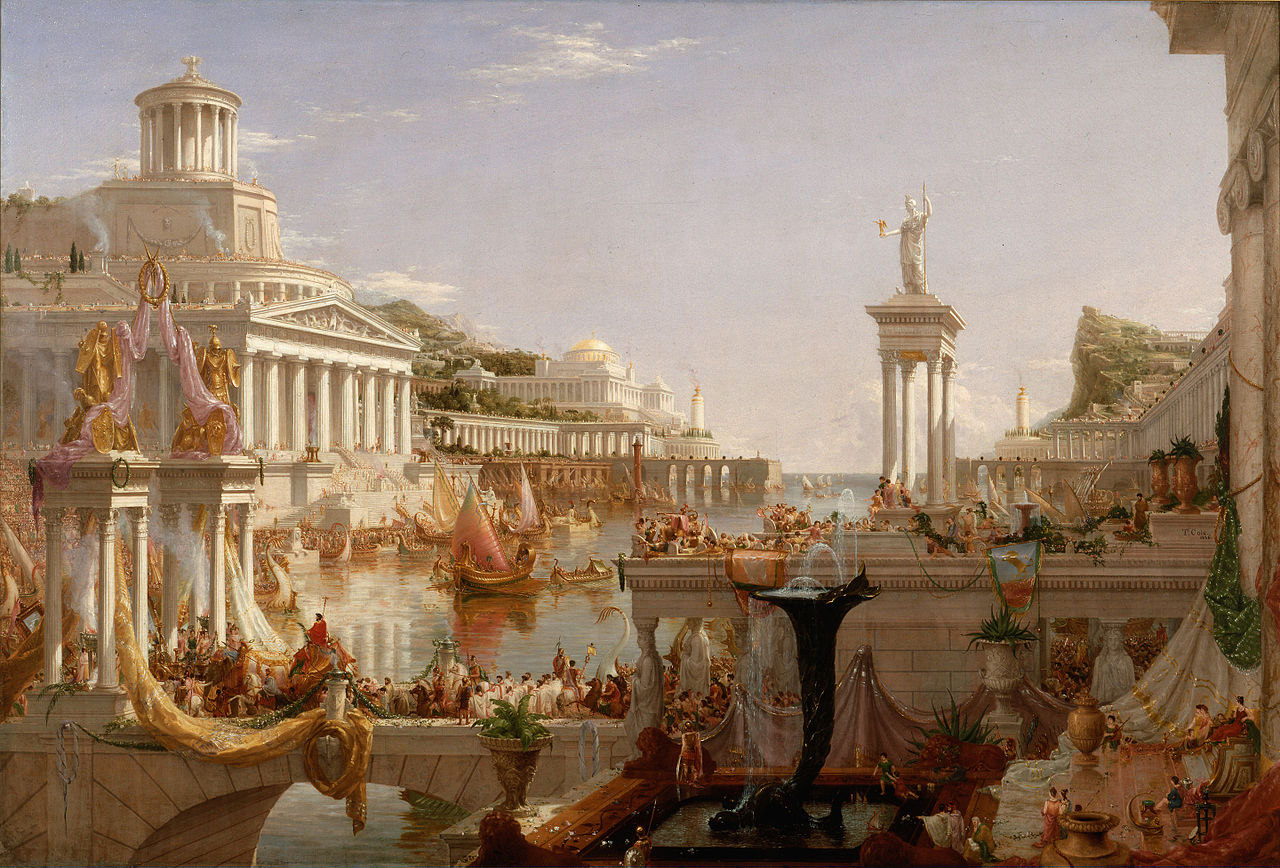
For a Ruthless Criticism of Everything Existing, by Karl Marx. While the entire Marx-Engels corpus continues to exert a pressure on the present with a clarity that perhaps no texts following have matched, this early paper by Marx seems especially relevant to our moment of crisis and confusion. A ruthless criticism of everything existing, one which Marx wrote "must not be afraid of its own conclusions, nor of conflict with the powers that be," is, I think, the only way forward.
—Allison Hewitt Ward, contributor, Even no. 6
Building the Barricade, by Anna Swir. Please read what happened during the Warsaw uprising, and more or less what's happening in Syria.
—Jenny Holzer, interviewed in Even no. 5
Birth of a Dream Weaver, by Ngũgĩ wa Thiong'o. The master of African literature, and champion of writing in indigenous African languages, reaches back. Here, we follow the Kenyan author from his humble beginnings as a herdboy to promising local student, from a subject of a British colony when he entered Makerere University in Uganda to a citizen of an independent African country. Ngũgĩ has always been critical of abuses of power — whether committed by the officers of the Crown or the petty local bureaucrat — and this invaluable memoir describes the initial stirrings and political events that laid the foundations of his art and activism.
—M. Neelika Jayawardane, contributor, Even no. 5
The World of Yesterday, by Stefan Zweig. Written in the shadow of World War II, there’s no greater lament for a bygone era than Zweig’s autobiography, which memorialized the time between the Belle Époque and the Third Reich — and the norms, values, and culture of a generation lost to war. The author committed suicide after turning in his manuscript, and his last testament is an urgent reminder of what we need to preserve and uphold as the world of today becomes more like the world of yesterday.
—Lynette Lee, assistant editor
On Revolution, by Hannah Arendt. Quite rightly, many people are turning to Arendt’s Origins of Totalitarianism for guidance these days, but that dense tome’s supposedly more optimistic follow-up is also worth a read. Here Arendt compares the American and French revolutions, arguing that the relatively equal Americans were able to stay focused on constituting a free society — she sets aside the slavery system, a provision which undermines the analysis — whereas the socially stratified French ended up sacrificing political integrity to the necessities of survival, and therefore capitulated to mob rule. Here it seems we have our paradigm: if we can but follow our ideals at the expense of our stomachs, everything will turn out great. But as Arendt goes on to address the Russian and other revolutions in history, a troubling implication emerges: the American Revolution may be so exceptional as to be functionally irrelevant, whereas the true paradigm of modern democracy is closer to the stop-and-start French version. Now it seems like the myths that have sustained so much of the postwar global order — “never again,” whether in reference to the Holocaust or Hiroshima and Nagasaki, being first and foremost — no longer function even as pretenses. Taken together, Arendt’s books assess the stakes entailed if we are to reconstitute our societies.
—Andrew Maerkle, contributor, Even no. 2, no. 6
The Translation Zone, by Emily Apter. Writing in the aftermath of 9/11, Apter recast translation as a matter of war and peace. She placed texts in a “translation zone” where words, meanings, and mediums of communication clash. With populism, misogyny, and racism resurgent, Apter's bracing reimagination of translation has become urgent again. If an entrenched monolingual thinking has isolated us — and if our speech has failed to persuade others of the crucial commitment to democratic goals — then Apter’s thoughts on the politics of words may help us search for better languages that will connect inclusiveness and peacefulness to everything else.
—Florencia Malbrán, contributor, Even no. 3
Leaves of Grass, by Walt Whitman, and The Masters and the Slaves, by Gilberto Freyre. These two books can work hand in hand in attempts to understand and celebrate the violence and beauty of the world, hoping beauty ends up winning. The Masters and the Slaves is fundamental for understanding Brazil's shattered state, while Leaves of Grass never leaves my mind for its still fresh celebration of life and freedom, anchored not only on the idea of democracy but also on the pleasures of the body. Both countries I'm most connected to, the biggest democracies in the Americas, face horrible challenges ahead. Maybe Whitman and Freyre can help put things into perspective.
—Silas Martí, contributor, Even no. 1, no. 3, no. 4, no. 5
Geontologies: A Requiem to Late Liberalism, by Elizabeth A. Povinelli. Through the figures of the Desert, the Animist and the Virus, Povinelli reorders the worlds of the living and nonliving so that we can understand on the same continuum topics like settler colonialism and capitalism, climate change and indigenous land rights. In finding a common core to human-made maladies, Povinelli allows us to connect our respective struggles to others. We'll need that sounder footing to forge deeper solidarity in 2017.
—H.G. Masters, contributor, Even no. 4
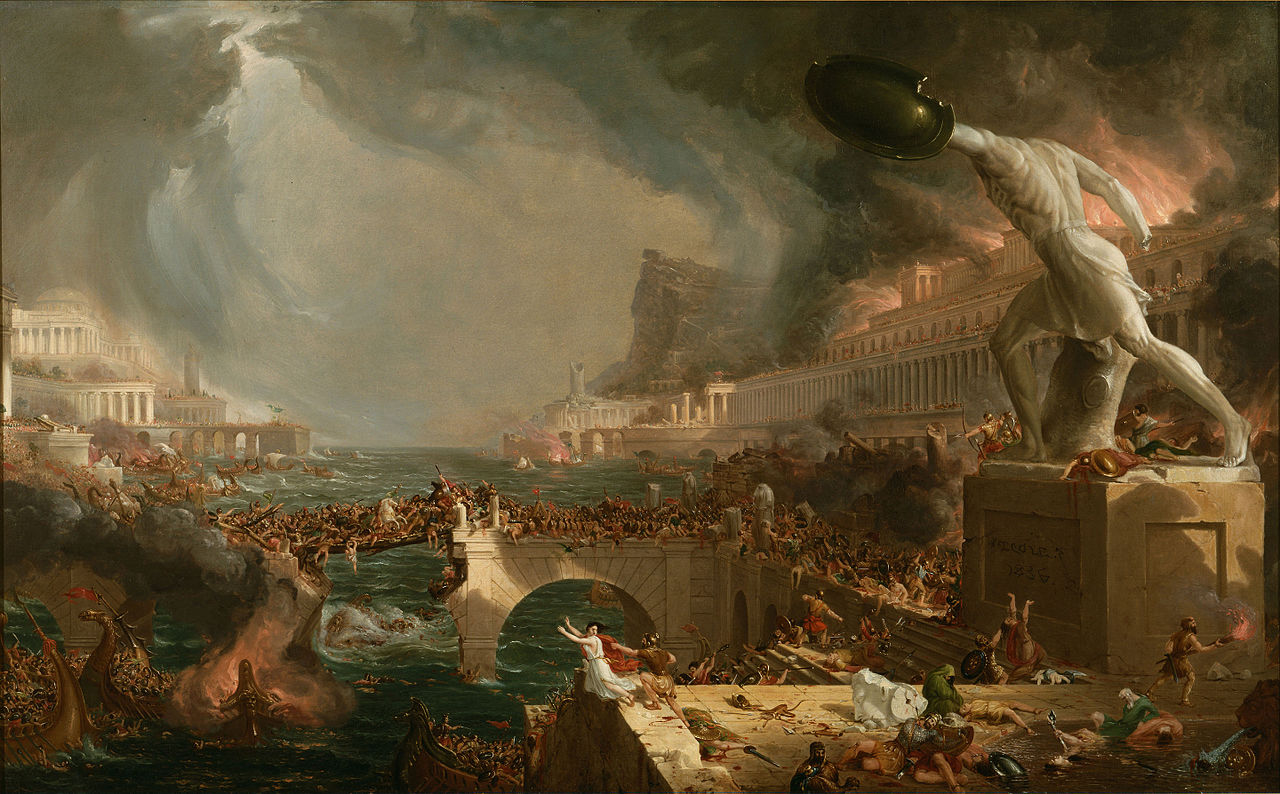
Strange Things Happen Here, by Luisa Valenzuela. The Argentinean author wrote this series of short stories over thirty days, in different coffee shops around Buenos Aires just before the 1976 military coup. When you read these stories together, you sense the pervasiveness of fear and the perplexity and confusion felt by her protagonists as they witness strange and sinister events. For me, the work tackles two highly relevant notions: how we bear witness, and how ages of terror and state repression impact the conditions of production.
—Pilar Mata Dupont, portfolio artist of Even no. 4
Signs Preceding the End of the World, by Yuri Herrera. If the title is not enough to suggest this exquisitely written (and beautifully translated) novel for the dark times, then its subject matter — the passage of a smart, scrappy heroine across the border from Mexico to the US — might be. Using the term "to verse," which might roughly translate as "to exit," this dark, sparkling book reveals the myriad ways that one might cross over, leave, arrive or die: as a body, as a subject, and as a user of language.
—Laura McLean-Ferris, contributor, Even no. 1, no. 5
The Quest for Christa T., by Christa Wolf. In this hybrid of novel and memoir, our narrator tries to remember her close friend Christa T. after her early death from cancer. Christa T. was a sensitive, spirited woman who could not conform to a conservative society, either as a schoolgirl during the Nazi regime, nor after the end of World War II, when the two friends lived in the new East Germany and tried so hard to believe in the Communist program of nation-building. Christa T. strives to reconcile herself to the harsh new order of her world. Not everyone can.
—Allison Moore, contributor, Even no. 4
Privately Owned Public Space: The New York City Experience, by Jerold S. Kayden. This is an annotated atlas of Manhattan's privately owned public spaces: territories ceded by real estate developers to public life, speech and assembly in return for concessions under zoning law, the most famous of which are Zuccotti Park and the atrium of Trump Tower. Even if you live far from New York, Kayden's spirited and precise vigilance against revanchist private reappropriation and encroachment onto this public realm provides a guide for noticing, and resisting, less visible trespasses and corruptions. And for New Yorkers, it's a treasure map.
—Thomas de Monchaux, contributor, Even no. 5
Just Mercy, by Bryan Stevenson. The central story in this 2014 memoir — an account of 25 years spent giving free legal counsel to unlawfully and negligently imprisoned Americans — concerns a black death row inmate unjustly convicted of killing a young white woman in Monroe, Alabama. (Monroe forms part of the district where Jeff Sessions, Trump's nominee for attorney general, was a federal prosecutor.) The frame-ups, cruelties and abuses of power that Stevenson documents are what happens, he suggests, when people in power see the indigent or vulnerable as subjects on whom to vent their own strength. With American politics now dominated by bullies and thugs, the kind of mercy this book preaches seems both especially uncommon and urgently needed.
—Max Nelson, contributor, Even no. 5
The Revolutionaries Try Again, by Mauro Javier Cardenas. Traditional forms of storytelling, Frankfurt School theorists like Walter Benjamin worried, had to be abandoned. Our world, too jarring and too discordant, couldn't be approached through familiar narrative forms, leaving us to make sense of our selves through fragments that Benjamin called literary "rags and refuse." Cardenas's deft debut novel is this year's answer to this renewed sense; it uses literary montage to take on Ecuadorian austerity in the 70s through the prism of an expat, a bureaucrat, and a playwright plotting political upheaval.
—Shivani Radhakrishnan, contributor, Even no. 6
Eloquent Javascript, by Marijn Haverbeke. I was a young teenager when the movie Hackers, about a gang of youngsters fighting corporations and government via keystrokes and floppy disks, came out in 1995. We've had more than 20 years. In 2017, it's time we would-be resistors who don't already know how to code get down to business.
—Tina Rivers Ryan, contributor, Even no. 4
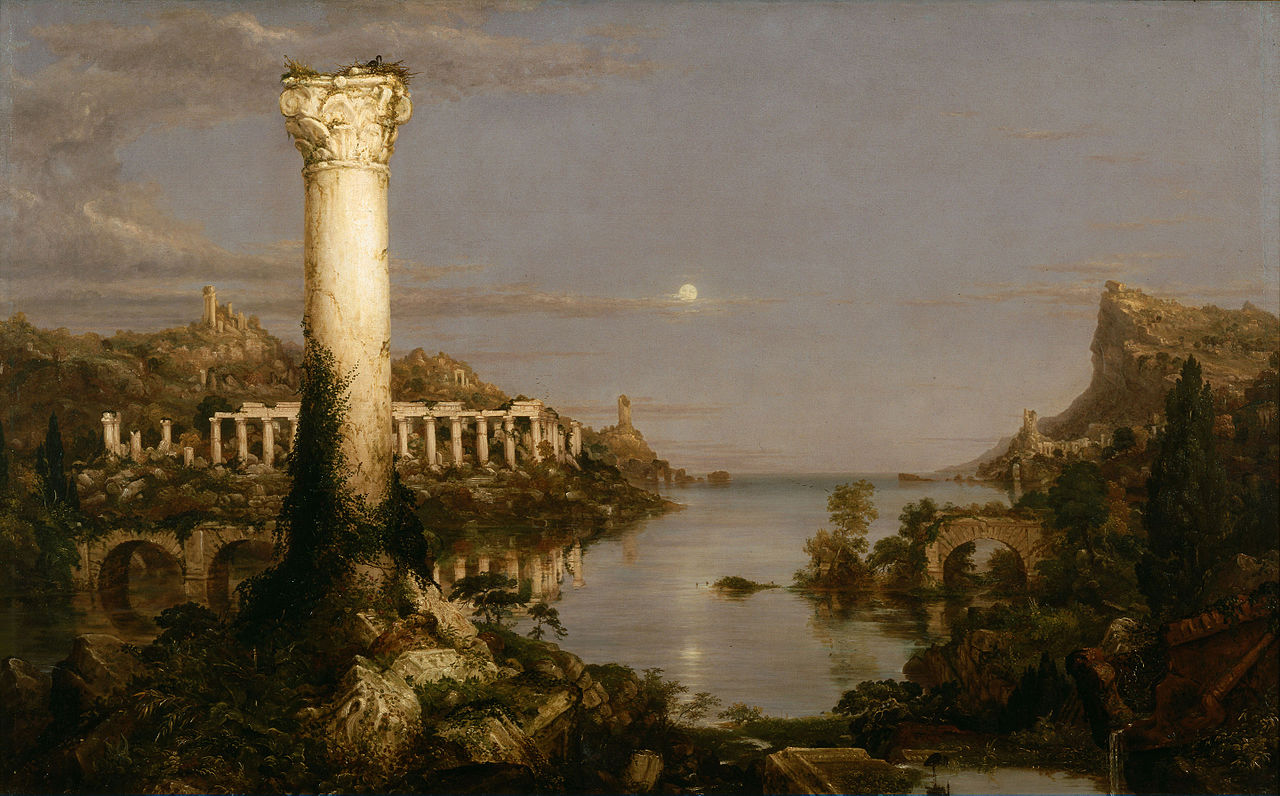
Only Don't Know, by Seung Sahn. "All human beings understand too much," this Zen master once said. "Too much understand, then too much have problems. Little understand, little problem. Complete don't-know, no problem."
—Roman Štětina, portfolio artist of Even no. 5
Pereira Maintains, by Antonio Tabucchi. A delightfully compact and forceful novel, written in Italian and set in 1930s Lisbon, with fascism on the rise in both Portugal and neighboring Spain. It follows the political awakening of Pereira, a widowed, overweight culture editor of an evening newspaper. With brisk, sly prose, the novel builds a world at once delightful and on the verge of combustion, a Lisbon of police-informant housekeepers, socialist waiters, censorious aristocrats, tall glasses of lemonade, and lots and lots of omelettes.
—Kanishk Tharoor, contributor, Even no. 2, no. 4
Prisoner of Love, by Jean Genet. The most heartrending of reflections on America, Europe and the Middle East, written from the vantage point of Morocco. Genet at his most Proustian.
—Sam Thorne, contributor, Even no. 2
The Wilsonian Moment: Self-Determination and the International Origins of Anticolonial Nationalism, by Erez Manela. A truly global work of history, which traces how the first stab at a liberal, US-led global order at the Paris Peace Conference of 1919 led to disappointment and disillusionment — and ultimately fueled seminal, consequential movements in Egypt, India, Korea, and China. It offers a timely reminder that we have let the world down before, and that the world has a way of moving on despite us.
—Philip Tinari, contributor, Even no. 2
The Falling Sky: Words of a Yanomami Shaman, by Davi Kopenawa with Bruce Albert. This book is a compromise by Kopenawa, a shaman and spokesperson for the Yanomami people of northern Brazil, that attempts to ally disparate and irreconcilable worlds. The Yanomami transmit their cosmology via oral tradition, yet if writing will be the plea that white people listen to, then "he, Yanomami, will give us, whites, this skin of image which is his." Thread between autobiography, shamanic voyage, and ecological protest song, the book is a necessary antidote to conquest narratives and pathological dualisms.
—Ana Vaz, portfolio artist of Even no. 6
The Duino Elegies, by Rainer Maria Rilke. Rilke wrote these ten elegies over ten years while a guest of Princess Marie von Thurn at Duino Castle, near the Adriatic Sea. Rilke describes his own temperament while writing these elegies as "a hurricane of the spirit." They are mystical poems that deal with beauty, existential suffering, life, death, love and the perfection of angels. This is what I read to calm myself down.
—Ursula von Rydingsvard, interviewed in Even no. 3
Washington Square, by Henry James. In James's novel, like our America, catastrophe arrives when we don't take seriously enough the claims of those we're responsible for — when we don't love enough, or in the right way, the people we need to love.
—Zachary Woolfe, contributor, Even no. 1, no. 4, no. 6